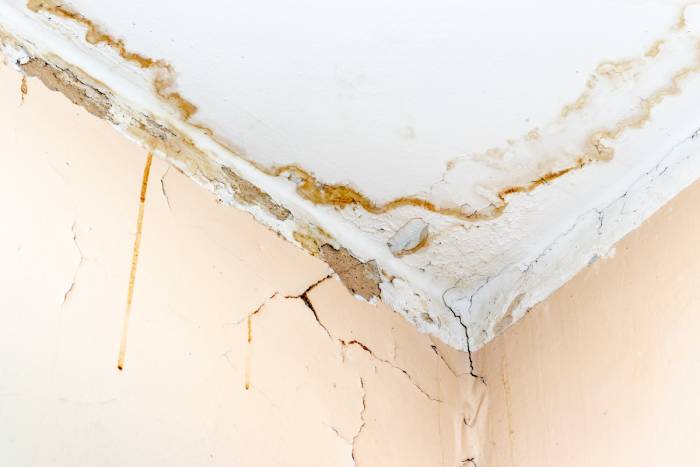
Water damage from flooding or from firefighting efforts can lead to the development of mold, which is dangerous and destructive indoors. It can cause serious health issues and can destroy drywall, ceiling tiles, carpeting and other items in a home. Before water damage mold can develop, contact the mold remediation professionals at ServiceMaster Restore. We know how to prevent mold after water damage through thorough water extraction, drying and a complete remediation process customized for your home.
Mold Prevention After Water Damage
The EPA warns that mold can begin to develop as quickly as 24 to 48 hours after water damage occurs. It's essential to begin water cleanup as soon as possible to prevent mold growth and damage. After you call your insurance agent to report the initial water damage, call ServiceMaster Restore; we’ll quickly begin the water damage cleanup to prevent mold from developing in your home.
The Process of Preventing Mold
Water extraction: The first step in preventing mold from water damage is to remove any standing water from the space. Water extraction is crucial. While a wet/dry vacuum may work for a small area, a flooded basement or other expansive space requires larger, professional equipment to quickly and efficiently remove all water.
Dehumidification and ventilation: It's not enough to just remove the standing water in the fight against mold growth. Mold loves moisture and that includes the moisture found in the air after a flood or other water damage event. Dehumidification (removing moisture from the air) and ventilation are needed to facilitate thorough removal of moisture from the space. Open windows, run fans and dehumidifiers to begin the drying process.
Cleaning and drying: While the space is drying out, help speed the process along by removing any wet items. These may include furniture, draperies, storage boxes, and even carpeting. Unfortunately, when carpet padding becomes saturated in a flood, it needs to be removed and usually replaced. Don't forget to remove and/or replace any ceiling tiles and drywall that has been water damaged as well.
Safety Tip: Area rugs and draperies are extremely heavy when wet, so exercise caution when lifting and removing these items.
Our ServiceMaster experts can restore carpets, rugs, upholstered items as well as hardwood and other flooring that has suffered water damage. The professional cleaning and drying process will keep mold from developing on these items. Depending on the type of flood water, items will require sanitization as well. Books, documents, artwork and other personal belongings may also need cleaning, sanitization and drying to help prevent mold development.
Preventing mold growth after water damage is not an easy task. Thoroughly drying, cleaning, and sanitizing all affected items can be a painstaking process. While we believe all homeowners should know what proper water and mold remediation entails, we also know the specialized job should often be left to the professionals.
Trust ServiceMaster Restore for mold remediation to prevent the development of harmful mold in any home or space.

